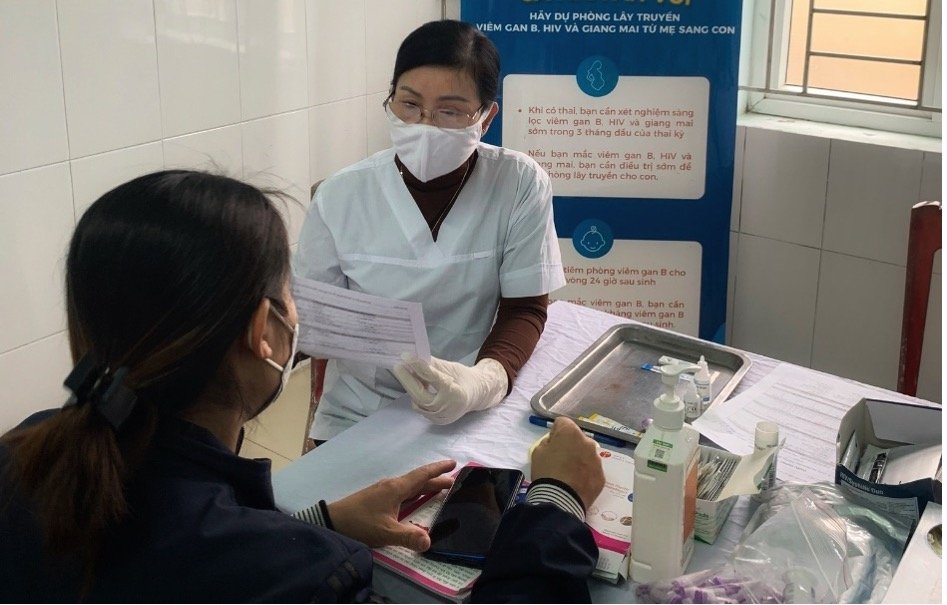In Zambia, due to low awareness and training of health workers, hepatitis B (HBV) was viewed as a sexually transmitted infection, resulting in social stigma for those living with it. However, most people contract HBV at birth or during early childhood through contact with family members. The ACCELERATE programme in Zambia aimed to dispel this misconception and promote the idea that HBV is a family disease.
One of the programme’s trained experts, Dr Rokaya Ginwala, emphasized the importance of family testing for HBV. At a weekly HBV clinic, she visited a young pregnant woman who had tested positive for HBV and initiated antiviral therapy to prevent transmission to her baby. The woman had two other children, prompting Dr Ginwala to visit her home over a weekend. During the visit, one of the other children tested positive for HBV, and Dr Ginwala subsequently diagnosed several other family members with HBV.
This family cluster of cases has become a widely used teaching case in the ACCELERATE programme, highlighting the importance of family testing and the potential genetic risk for cirrhosis and liver cancer that runs in families with HBV. The success of the programme in diagnosing and treating numerous individuals living with HBV will help them avoid an early death from complications. The index testing strategy used in the programme is similar to that of HIV testing, demonstrating the potential for synergy between different public health initiatives.
Accelerating the Hepatitis B response in Zambia (ACCELERATE)
Grantee: Hospital HIV AIDS Programme (UTH-HAP)
(UTH-HAP) started a “training of trainers” programme on hepatitis as Zambia had very few public health or clinical leaders prepared to train other health workers on viral hepatitis. At the end of this project, 31 doctors were certified as hepatitis expert trainers. Before this programme, there were only five doctor experts in hepatitis in Zambia, making it virtually impossible to treat all the people in need.
UTH-HAP has also worked with hospital leadership to ensure the decentralization of testing to various points and the orientation of nurses to offering tests. More service delivery points, such as antenatal, sexually transmitted infection (STI) and antiretroviral therapy (ART) clinics and sites doing HIV testing, are now integrating hepatitis into their routine services. When kits are available, hepatitis testing can now be offered at any service delivery point by a trained provider.


